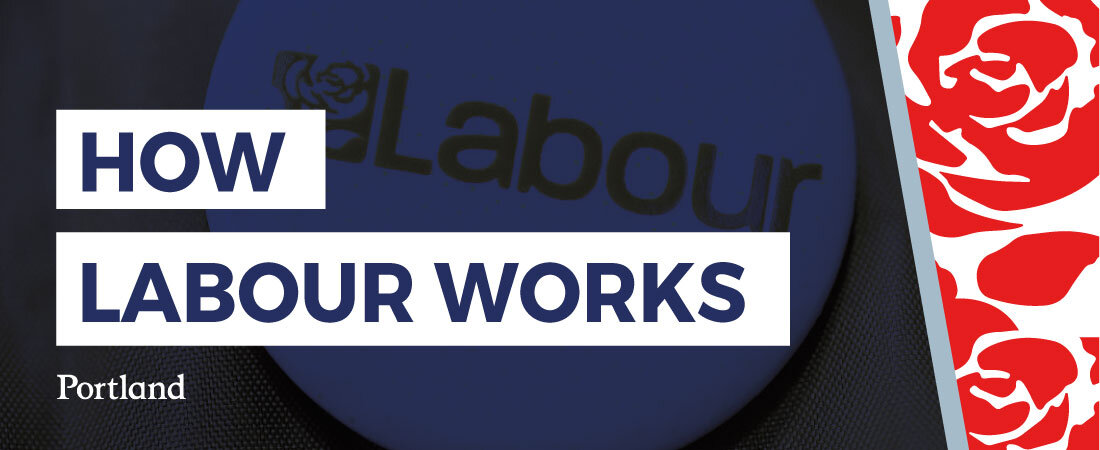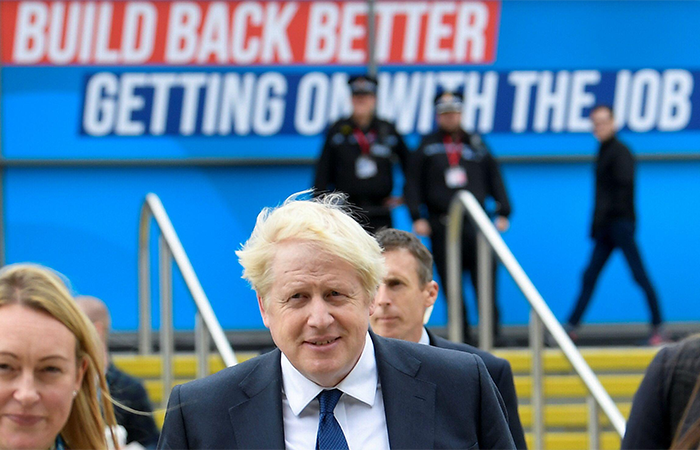Download Portland’s ‘How Labour Works’ report here.
With 100,000’s of members across the UK and a coalition of a parliamentary party, members, trade unions and affiliate groups, the Labour Party is a uniquely complex and challenging organisation to run and influence. As active Party members, we know this better than most.
Understanding Labour has taken on an increased importance in recent months. With an average lead of 20 points in the polls, its looking increasingly like a Labour government could soon be a reality. At the same time, the Party is beginning to flesh out its policy prospectus and take a head first approach to business engagement.
That’s why we – and a team of talented colleagues – wrote How Labour Works, an insider’s guide to Sir Keir Starmer’s party. Labour has been out of power for 13 years and many businesses simply don’t have the knowledge needed to engage with the different parts of the Party.
The essay series gives a realistic view of Labour’s dynamic democracy, including national conference, the leader’s office, the NEC, Shadow Cabinet and the trade union relationship. Clearly there will be different views and lively debates among readers about our analysis; there definitely were within our team.
But the key takeaway we wanted to leave people with is that while external organisations won’t need to take part in every composite part of the Party, they will need to understand the varied influences on party decision-makers and their thinking. The Party’s democratic processes – to varying degrees, at varying times – matters immensely.
How Labour Works forms part of an in-demand strand of work Portland is delivering for our clients to help them prepare for a potential Labour government. It attempts to answer a question we’re getting asked with increasing frequency: what does the Labour Party think about this and how should we be talking to them about it?
It has been a labour of love (pun intended), and while we don’t claim to have written an exhaustive account of the Labour Party, we believe it begins to lift the lid on an often confusing organisation. We’re incredibly grateful for the contributions of everyone, in particular our colleagues, which has meant this is a piece of work we can be proud of.
For everyone else, either who are keen to understand more (or debate a niche policy development process), please do get in touch.





